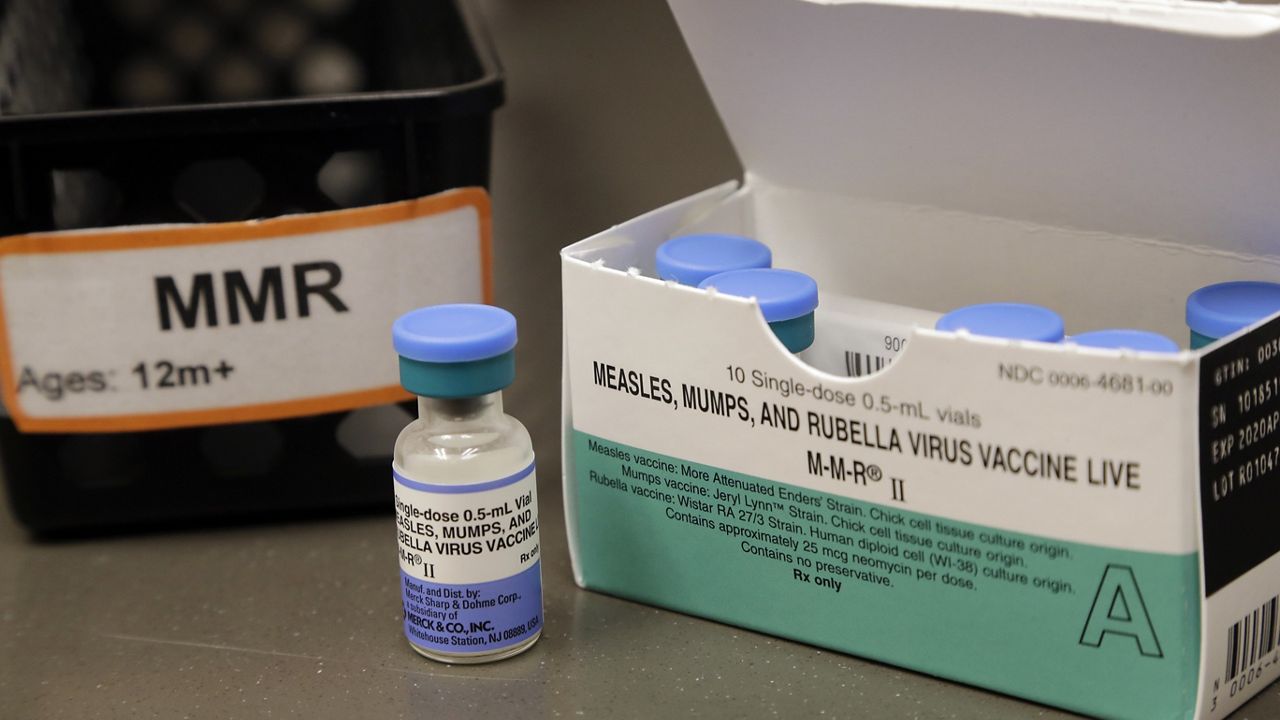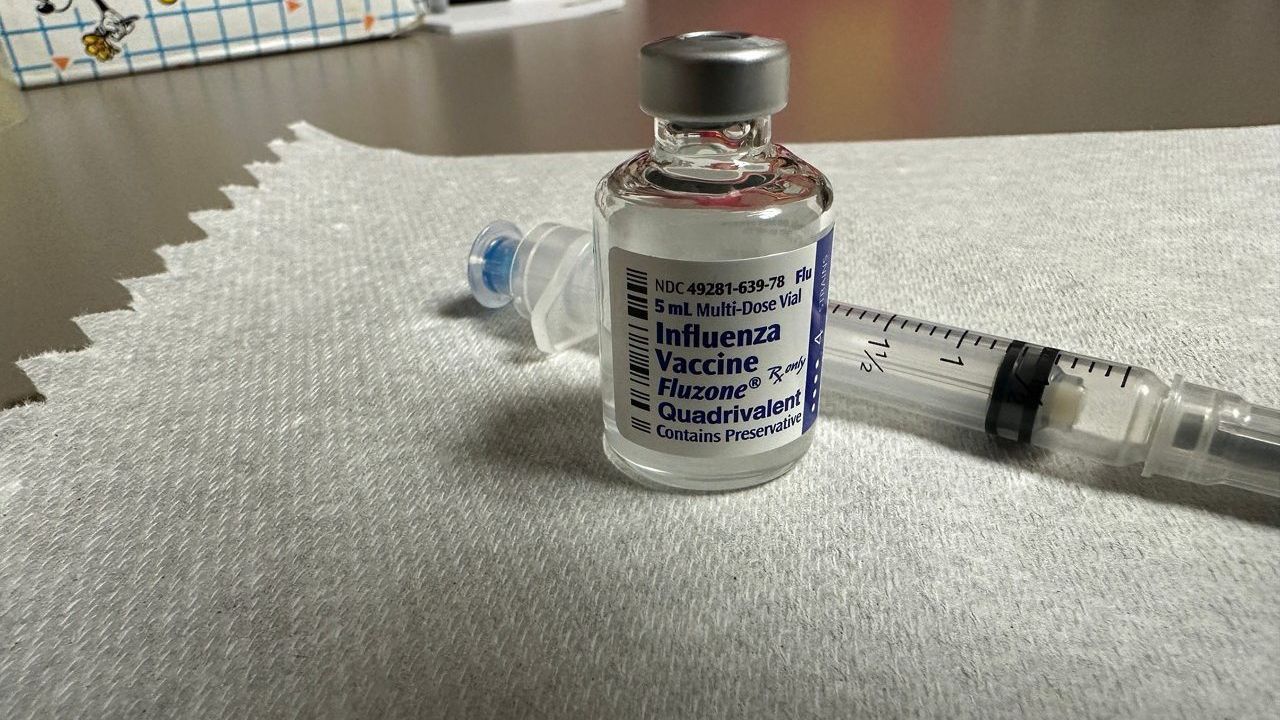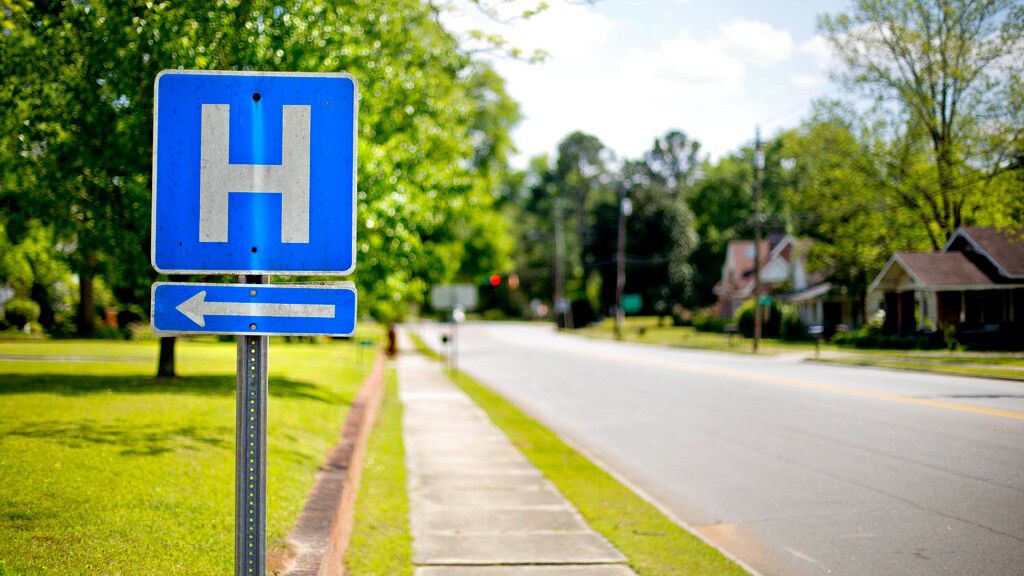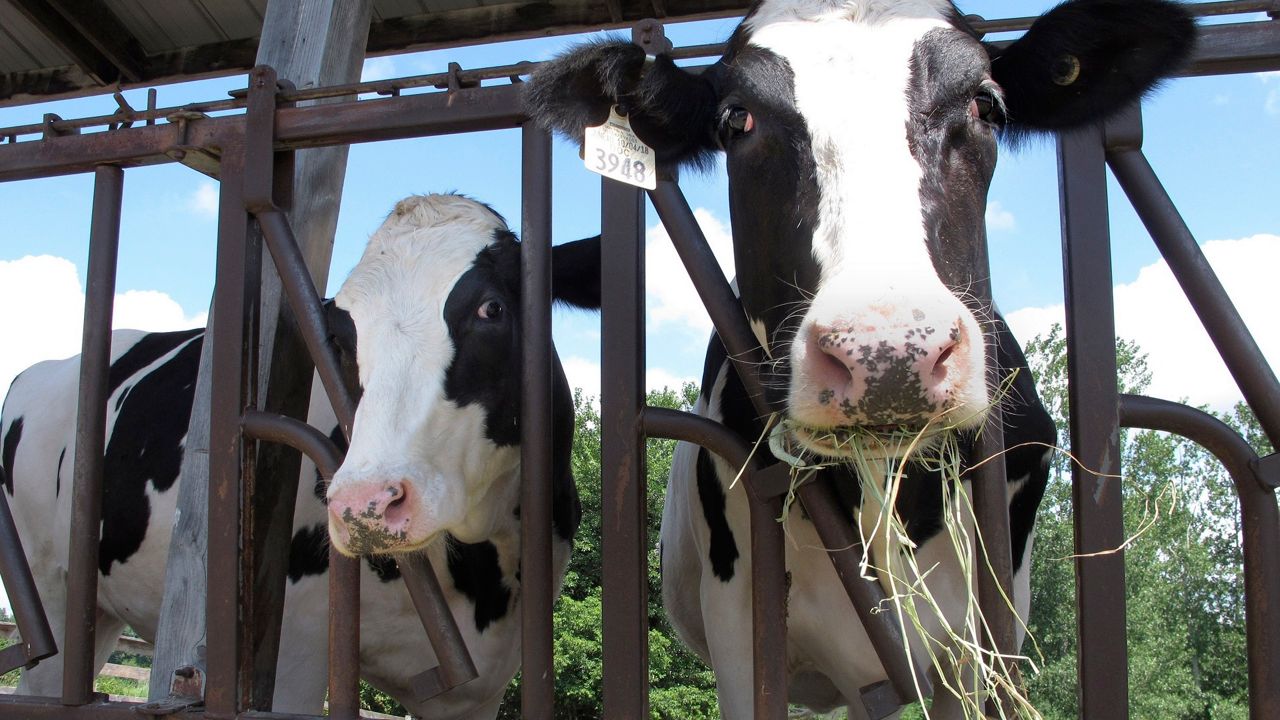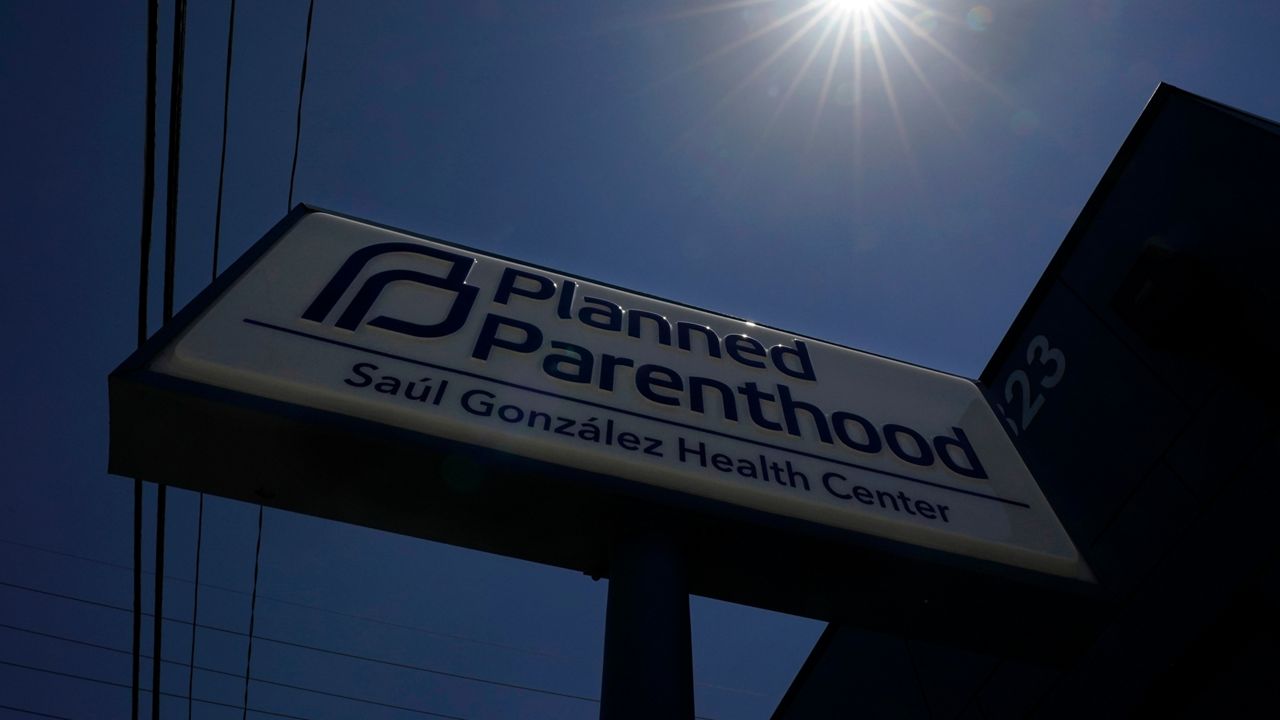TEXAS — It’s back-to-school season across the country, and as many families sent their children off on their first day of school this week, another tragic first struck in Winder, Georgia. The first major school shooting of the 2024 academic year took place Wednesday morning, leaving four dead and nine injured at Apalachee High School. The suspected 14-year-old shooter is in custody. Spectrum News National Mental Health Correspondent Dr. Nicole Clark discusses how to navigate the mental health effects of these tragic events.
Wednesday’s shooting at Apalachee High School marked the 30th mass killing in the U.S. so far this year. Two 14-year-old students and two teachers were killed, and nine others were injured. In addition to the physically wounded, hospitalizations for anxiety and panic attacks were also reported. These shootings are traumatic for victims, their families and the surrounding communities, but they can have much wider-ranging mental health effects on the greater public.
School shootings can be:
- Traumatic: leading to the experience of flashbacks, nightmares and avoidance behavior
- Anxiety-arousing: with people concerned about what if the shooting had occurred at the school of their child or loved one
- Emotional: bringing up several feelings including anger, sadness, frustration and numbness
- Long-term psychological effects with people questioning their sense of safety and security and trust for institutions
Parents are encouraged to talk with their kids about school shootings in an open conversation that includes:
- Accurate and age-appropriate information
- Listening to the child's concerns and validating his/her feelings
- Reassuring them of security protocols in place to keep them safe
- Seeking professional help when necessary
Anyone experiencing mental or emotional distress can call/chat/text 988 24/7 to speak with a trained counselor for free.








